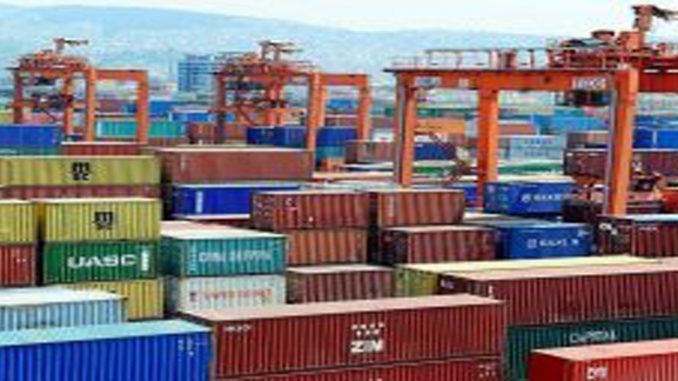
 BY: CEMIL ERTEM*
BY: CEMIL ERTEM*
On the other hand, the results of the French presidential election are quite instructive. The candidates of the center right and left were eliminated in the first round, and racist National Front (FN) leader Marine Le Pen, and Emmanuel Macron, head of the political movement En Marche! and former Economy, Industry and Digital Affairs minister who resigned from the ruling socialist party, advanced to the second round.
Macron is an interesting politician who came to the fore with his palliative solutions to unemployment (the Macrons Law) while serving as a minister. Poised to become the next French president, Macron says he is not an all-too-familiar rightist or leftist. Although nobody knew Macron two years ago, even the likelihood of winning for such a candidate affects European markets positively. This shows that the crisis in Europe has a serious political aspect at the same time.
In this context, there is nothing that Europe has to say about the political stability in Turkey today, while investors see this fact.
However, how should Turkey use this highly advantageous conjuncture? I think that the steps to be taken in the economy from now on may be a very important starting point in this regard.
Today, politics and economics, not only in Europe, but also around the world, have begun seeing that the doctrines and laws of the previous century are no longer working.
Developed countries have begun taking radical steps. The U.K.’s secession from the EU, namely Brexit, Donald Trump coming to power in the U.S., and the possibility of Macron becoming the next French president are actually a criticism of the old in terms of realpolitik, even if its content is not certain, and the process of leaving behind the old. Turkey has done this in a much more comprehensive and systematic way – which has brought an important political advantage. However, if we are unable to continue this change with a new economic approach, we may face a very grave reversal. It is necessary for Turkey to achieve 7 percent or higher inclusive economic growth in the upcoming years.An annual average growth rate of 7 percent by 2040 means changing the long-term equilibrium growth rate of Turkey. The long-term equilibrium growth rate in growth economics refers to a trend of change that is determined on a long-term basis, that is, not a period of months or years, but decades. In the sovereign economic theory, there are three basic parameters that determine the long-term equilibrium growth rate of a country: The rate of population growth, the rate of depreciation (renewal of worn-out capital) and the rate of technological development.
The main principle in the prevaili
ng neoclassical growth understanding (Robert Solow and its successors) is that the politics – state – cannot intervene in these three basic parameters. The most important one of these basic factors is the rate of technological development in today’s conditions. Hypothetically, it is exogenous and outside of the sphere of the influence of politics. However, as the recovery of human capital will raise the accumulative level of education and knowledge of societies in the long term, their pace of growth may approach that of developed societies. This understanding, therefore, accepts the existing economic hierarchy in the world as immutable data. Thus, it is historically impossible for the underdeveloped to keep up with the developed. Francis Fukuyama’s thesis of “The End of History?” is the reflection of this in politics.
In fact, this understanding in Turkey has been implicitly accepted so far and the economic institutional structure has been formed accordingly. Aligning money and capital markets with the global system alone and ensuring stability in this way was named the management of the economy. In fact, Turkey’s economy has never been managed in line with the electorate’s request in the real sense. In this context, as a continuation of the abovementioned determination, we can conclude as follows:
It is possible to increase the growth rate of Turkey to 7 percent and above, which will be possible by increasing our technology level. We can achieve a level of technology with state means and support alone under the current circumstances. This proposal is undoubtedly not statism. On the contrary, it is a way for the state to pave the way for markets for technology-oriented inclusive growth and bringing externalities, which the private sector cannot access, including technology, to the economy. I hope that this will be our basic economic understanding.
*Cemil Ertem is a Turkish columnist at Daily Sabah Turkish newspaper
(Published in Daily Sabah on Friday, April 26, 2017)



